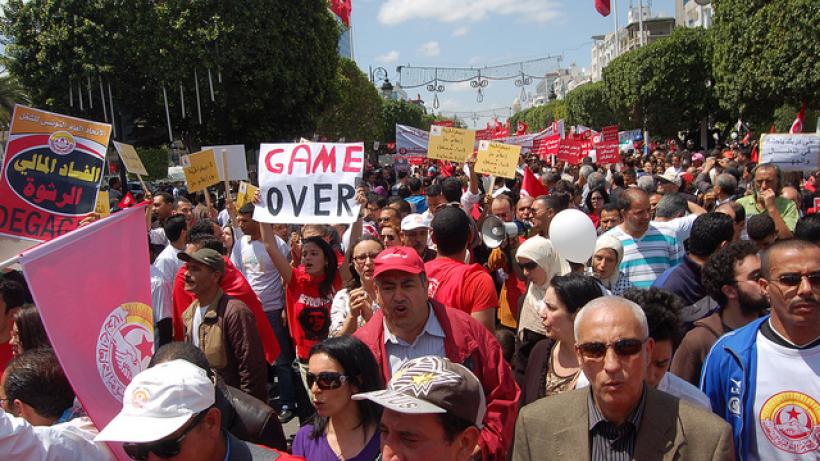
Understanding how political violence impacts spending patterns
Using spending pattern insights and media reports of violence, we can see how fear can heavily influence consumers.
Politically motivated violence has important economic effects. Apart from the direct impact of terrorism on its victims, it deters investment in education and businesses. The fear of violence has driven millions of people away from their homes every year, subjecting them to terrible hardships.
The effect of violence on the broader economy
The economic effects of violence can also be felt in the wider economy. Political violence fuels an element of fear that amplifies the effects of individual attacks. As fear spreads, citizens may question whether governments have the power to provide security, which can have further detrimental economic effects.
Studying these issues is important but difficult without the right kind of data. The fear of violence can be spread by information in the media and online, but quantifying sentiments is extremely hard. In addition, high-quality data on the economic activity that is affected by such sentiments is typically scarce in countries where violence is most prevalent. In forthcoming research, we gathered insights from a novel source to address both these hurdles in the context of violent incidents in Tunisia, Egypt, Morocco, Turkey, and Israel in the 2010s. We can now consider monthly consumer spending pattern insights based on Mastercard’s anonymised and aggregated transaction data in these countries, which the Mastercard Centre for Inclusive Growth has allowed us to leverage.
These unique insights provide a window into economies that went through significant political and social turmoil like Egypt in 2011 or Turkey in 2016. They allow us to analyse whether violence in one location affects economic activity elsewhere in the country, thereby capturing the extent to which fear influences spending among residents. In addition, we can analyse violence’s effect on tourism — a sector that is crucial for the region, and a source of low-skilled jobs. Tourism in the region has been in a steady decline since there was a surge in violence. With a better sense of the countries from which tourist segments originate, we can now monitor news coverage in those countries to separate the perceptions of safety from the violence measured at the destination. This allows us to study the wider economic effects of violence.
Our findings
In June 2015, a gunman killed 39 tourists on a beach in Sousse, Tunisia. Most of the victims were British citizens, and the news coverage in the UK was intense. Figure 1 plots anonymised and aggregated indexed spending by British visitors in Tunisia and also those from Germany, where news coverage of the incident was less intense.
Figure 1. British spending in Tunisia drops more than German spending after 2015 terrorism incident
 Based on Mastercard anonymised and aggregated transaction data. Note: Both lines in the figure are adjusted to examine deviations from normal seasonal spending patterns.
Based on Mastercard anonymised and aggregated transaction data. Note: Both lines in the figure are adjusted to examine deviations from normal seasonal spending patterns.
Spending by British tourists fell by more than 40% within one month. Moreover, additional analysis revealed that news attention in the UK reached very high levels of coverage comparable to the weeks in which Tunisia had its peaceful revolution at the back end of 2010, which sparked the Arab Spring. This suggests a mechanism that might drive the different reaction in spending depicted in Figure 1. Although fear seems likely to have struck both British and German tourists, it appeared to take root more strongly in Britain, due to the broader media attention. It is also striking that British spending returned to normal on a seasonally adjusted basis before another decline exactly a year later.
Policy implications and directions for future research
It is exactly this kind of comparison that Mastercard insights can facilitate. For the first time, we can study the impact of media-driven fear on consumer spending and how long it takes to return to normal. This type of analysis should help governments and aid agencies understand the role played by security in economic development. Currently, the link between security and economic development is hard to quantify. A better understanding from governments and development agencies will enable them to weight the cost of these kinds of incidents more effectively and devise strategies to help the affected firms. It also opens the door to understanding the separate role played by reporting on security, which should help with devising communication strategies in insecure environments.
Editor’s Note: This column is published in collaboration with Mastercard.

